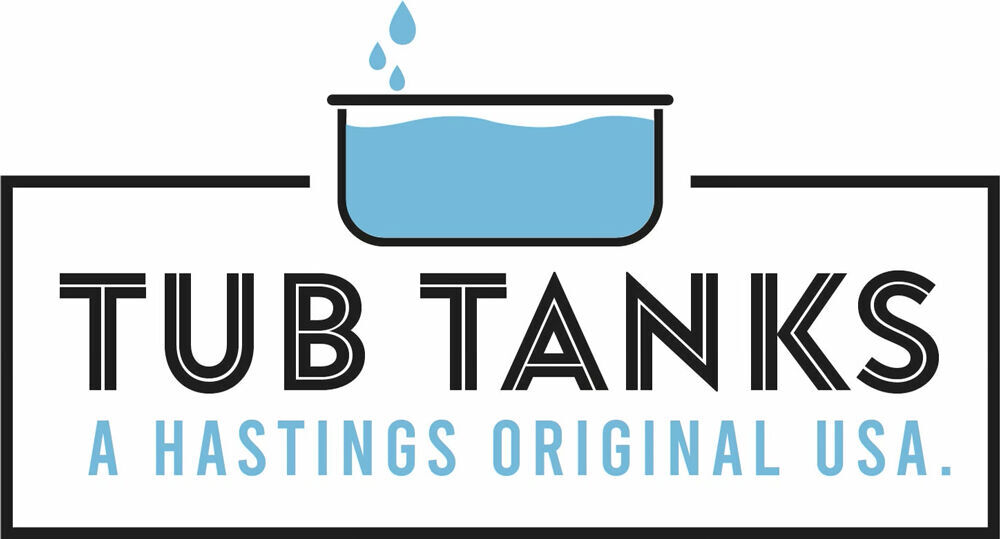
posted 20th May 2025
Feeling sluggish or achy? Do you have gastrointestinal symptoms such as acid reflux, constipation or diarrhoea? Struggling to sleep? Chances are, inflammation is playing a role. But what exactly is inflammation, and can something as simple (and perhaps daunting!) as a daily ice bath really help? Let's dive in.
Understanding Inflammation
At its core, inflammation is your body's natural defence mechanism. While essential for healing, inflammation can become problematic when it's chronic or excessive. This is where understanding the different types comes in.
Acute vs. Chronic Inflammation
We can broadly categorise inflammation into two main types:
- Acute Inflammation: This is the immediate and short-term response to a specific injury or infection. You'll recognize it by the classic signs: redness, heat, swelling, pain and loss of function. Think of a sprained ankle, a cut, or a bout of the flu. Acute inflammation is generally beneficial, working to eliminate the initial threat and initiate tissue repair.
- Chronic Inflammation: This is a long-term, low-grade inflammatory response that can persist for weeks, months, or even years. Unlike acute inflammation with its clear triggers and symptoms, chronic inflammation can be insidious and often stems from factors like autoimmune disorders, persistent infections, or lifestyle choices (diet, stress, lack of exercise). It's been linked to a range of serious health issues, including heart disease, diabetes and arthritis.
The Icy Plunge: How Ice Baths Can Help Reduce Inflammation
Now, let's get to the chilly part! How can submerging yourself in icy water potentially combat inflammation? The science points to several mechanisms:
- Vasoconstriction: The immediate response to cold exposure is the constriction of blood vessels. This helps to reduce blood flow to the inflamed area, which in turn can decrease swelling and the delivery of inflammatory mediators.
- Reduced Nerve Activity: Cold can have a pain-relieving effect by slowing down nerve signals, including those transmitting pain.
- Decreased Metabolic Activity: Lowering the tissue temperature can reduce metabolic activity, potentially limiting the production of inflammatory chemicals.
- Improved Lymphatic Drainage: While more research is needed, some studies suggest that cold exposure can enhance lymphatic drainage, which helps to remove waste products and inflammatory substances from the tissues.
Specifically, for different types of inflammation, regular ice baths might offer the following benefits:
- Acute Inflammation: The vasoconstriction effect can help reduce swelling and pain, potentially speeding up recovery. Athletes often use ice baths for this very reason.
- Chronic Inflammation: While not a cure, the systemic effects of cold exposure, such as potential improvements in circulation and metabolic function, may contribute to a reduction in overall inflammatory burden over time. However, it's crucial to consult with a healthcare professional before using ice baths as a strategy for managing chronic inflammatory conditions.
- Localized Inflammation (e.g., arthritis flare-ups): Immersing the affected area in cold water can provide localised relief from pain and swelling.
- Important considerations:
- While the potential benefits of ice baths for inflammation are promising, it's essential to approach this practice with caution:
- Start Slowly: If you're new to cold exposure, begin with shorter durations and gradually increase the time as your body adapts.
- Listen to Your Body: If you feel extreme discomfort or pain, get out of the ice bath. Shivering is a natural response, but excessive shivering should be avoided.
- Consult Your Doctor: Individuals with certain medical conditions, such as cardiovascular issues or Raynaud's phenomenon, should avoid ice baths or consult their doctor before trying them.
- It's Not a Magic Bullet: Ice baths should be seen as one tool in a holistic approach to managing inflammation, which also includes a healthy diet, regular exercise, and stress management.
The Takeaway
Inflammation is a complex process with various forms, each playing a different role in our health. While acute inflammation is a necessary part of healing, chronic inflammation can have detrimental effects. Daily ice baths, with their ability to induce vasoconstriction, reduce nerve activity, and potentially improve lymphatic drainage, offer a promising way to help manage and reduce the effects of different types of inflammation. However, it's crucial to approach this practice safely and as part of a broader healthy lifestyle. So, are you ready to take the plunge towards a cooler, less inflamed you?





